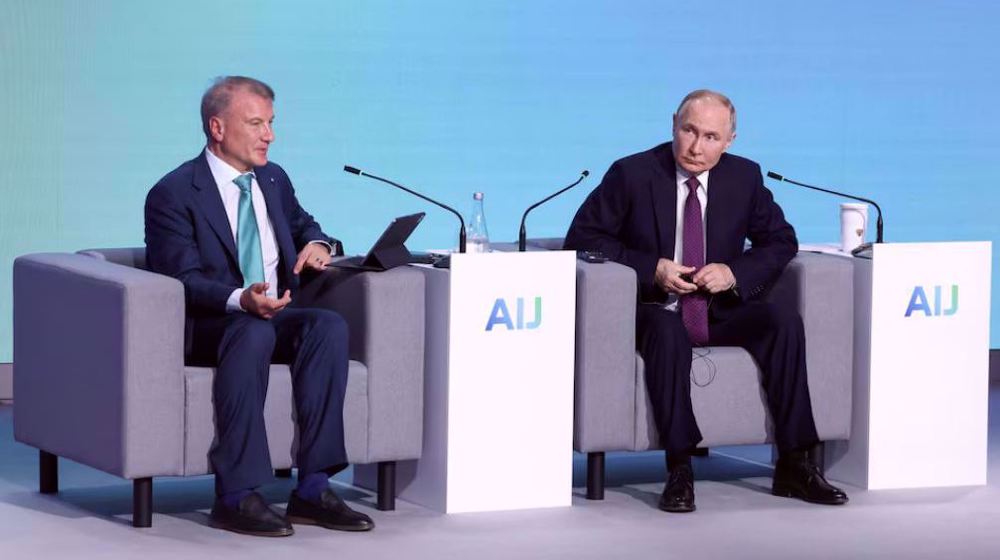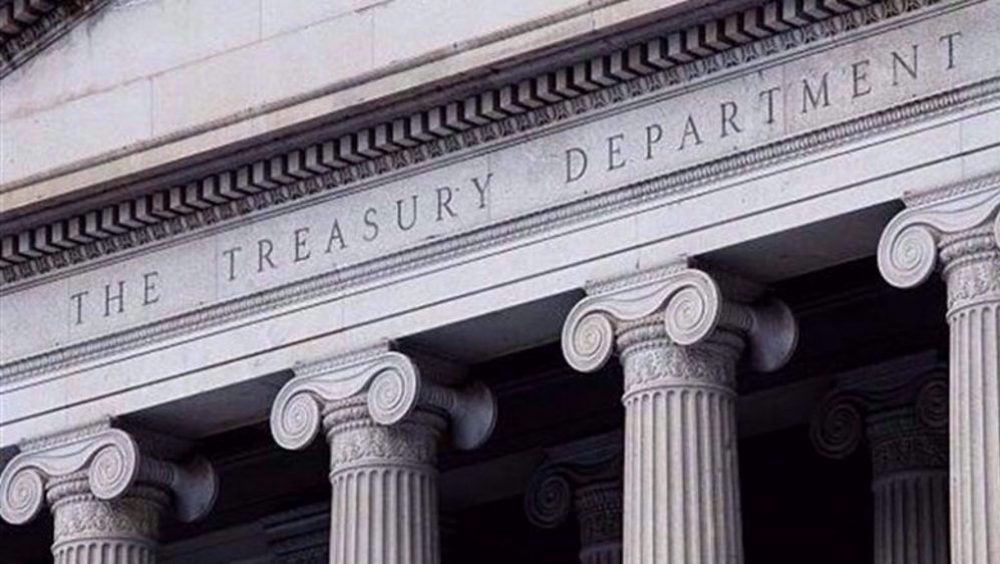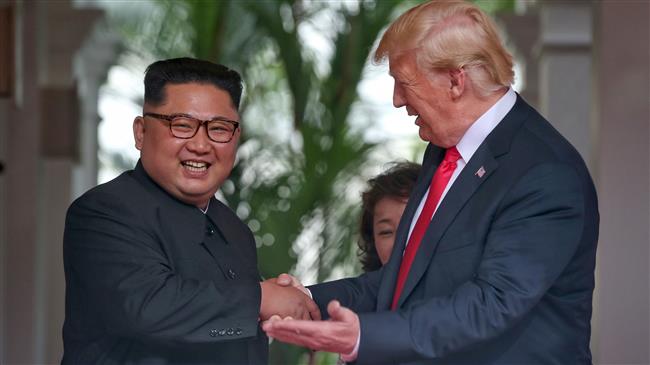North Korean leader in China after summit with US
North Korea’s leader Kim Jong-un has arrived in the Chinese capital of Beijing for talks with President Xi Jinping and is likely to brief President Xi on his summit last week with US President Donald Trump.
Kim’s visit to China on Tuesday — his third so far this year — came less than a week after the unprecedented summit with Trump in Singapore and following a decision by rival South Korea and the US to suspend “large-scale” military drills near North Korea.
Beijing remains Pyongyang’s biggest economic and diplomatic supporter, though China grew uneasy about North Korea’s nuclear and missile tests last year. Pyongyang staged those tests in partial response to the regular and massive joint war games near its territory by the US and South Korea.

Chinese state media publicized Kim’s visit and his stay in the country for two days amid tight security measures. Chinese media would only announce Kim’s past two visits following his departure and without much detail.
China, meanwhile, has applauded the rapprochement between Washington and Pyongyang. Beijing has also expressed satisfaction with Trump’s declaration of suspending its war games with South Korea in the region.
Beijing has long proposed a policy of “dual freeze,” whereby Pyongyang would halt its weapons tests while Washington and Seoul would stop their war games to facilitate negotiations.
The official suspension of the drills
The South Korean Defense Ministry officially announced the suspension of the “large-scale drills” in a statement, saying, “South Korea and the United States have agreed to suspend all planning activities regarding the Freedom Guardian military drill scheduled for August.”
A statement by the US Defense Department also confirmed the suspension, adding that American secretaries of defense and state would join the White House national security adviser for a meeting on the issue later this week.
Seoul and Washington were already expected to announce a freeze.
At the end of their summit, Trump and Kim signed a brief, broadly-worded document according to which both sides committed to working “towards complete denuclearization of the Korean Peninsula.”
South Korean media said later that the military drills would restart if North Korea failed to keep its promise to denuclearize.
Japan’s Chief Cabinet Secretary Yoshihide Suga announced on Tuesday that no changes would be made in the joint war game plans between Washington and Tokyo, both of which also regularly engage in military drills aimed at deterring Pyongyang.
“The United States is in a position to keep its commitment to its allied nations’ defense and our understanding is there is no change to the US commitment to the Japan-US alliance and the structure of American troops stationed in Japan,” Suga stated in a regular press briefing.
According to press reports, the decision to suspend military drills in South Korea has also baffled many current and former US military officials, who only learned about it after Trump made his remarks following the Singapore Summit.
Meanwhile, US Secretary of State Mike Pompeo visited Beijing last week for talks with Chinese Foreign Minister Wang Yi, saying that his goal was to stress “the importance of China being a constructive participant in the next steps” after the Trump-Kim summit.

“There remains hard work” and “difficult days” in denuclearization negotiations with North Korea, Pompeo said.
Wang said China would like the US and North Korea to see the summit as “a new starting point” from which they can “maintain a momentum of dialog and consultation, accommodate each other’s legitimate concerns, and work with other parties to advance the process of denuclearization and the political settlement of the peninsula issue.”
“China will continue to play a positive role in this process,” Wang added.
The US is struggling to draw a clearer map of how denuclearization and relations with Pyongyang would have to proceed after the summit and the signing of the vague document.
Jan. 15: ‘Axis of Resistance’ operations against Israeli occupation
VIDEO | US fires: Criticism mounts over govt. failure to respond
VIDEO | Fears, hope in Gaza amid intensified ceasefire efforts
VIDEO | Press TV's news headlines
Hamas: Ceasefire agreement result of steadfastness, resistance in Gaza over 15 months
Hamas thanks Iran, Resistance Front following achievement of ceasefire in Gaza
'Capitulation': Israeli officials and media concede Gaza defeat as truce unfolds
'Gaza has won': Social media users react to ceasefire with mix of relief, joy













 This makes it easy to access the Press TV website
This makes it easy to access the Press TV website